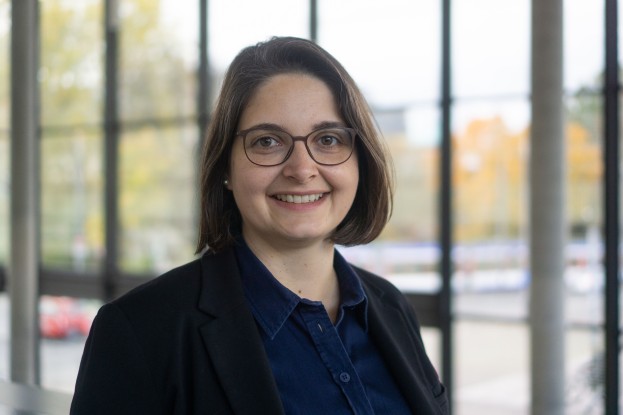Functional nanoporous membranes
Designing nanopore transport in the context of water, energy conversion, or sensing
Our research interest focuses on nanopore design to program bioinspired and adaptive transport into technological membranes. (Polymer) functionalization of spatially confined nanopores, nanopore wetting and charge control, innovative nanoporous material architecture design as well as automated design procedures are the key elements for this research. Based on this expertise we develop model systems, and solve challenges in the context of water management, energy conversion and monitoring.
In this context we offer projects related to:
- Polymer functionalization of nanoporous materials using controlled polymerization techniques and visible light irradiation (grafting from) or in-situ during film preparation (functional template design for sol-gel chemistry)
- Development of automated membrane fabrication techniques using 3D printing and nanoscale polymer writing using near-filed modes to induce photopolymerizations in nanopores
- Manipulation of transport in nanopores by membrane architecture and nanopore layer sequence design as well as by designing multifunctional pores and wetting in nanopores
Depending on the exact project focus you prefer you will gain experience in thin nanoporous film preparation, functionalization, and characterization e.g. by infrared spectroscopy, ellipsometry, cyclic voltammetry, permeation, etc., polymer synthesis, polymer functionalization of interfaces, the characterization and correlation of surface characteristics such as wetting or charge on nanopore transport and membrane performance.
For further detailed information on our research please have a look at our webpage:
In case you are interested please specifiy your desired project focus with respect to polymer functionalization, automated preparation techniques (3D printing) or transport modulation (e.g. by wetting) or provide an alternative suggestion/combination of the above mentioned topics.
Additional Information
| Supervisor | Prof. Dr. Annette Andrieu-Brunsen |
| Availability | Spring, Summer and Fall 2025 |
| Capacity | Unlimited |
| Credits | 12-18 ECTS |
| Remote Option | No |



